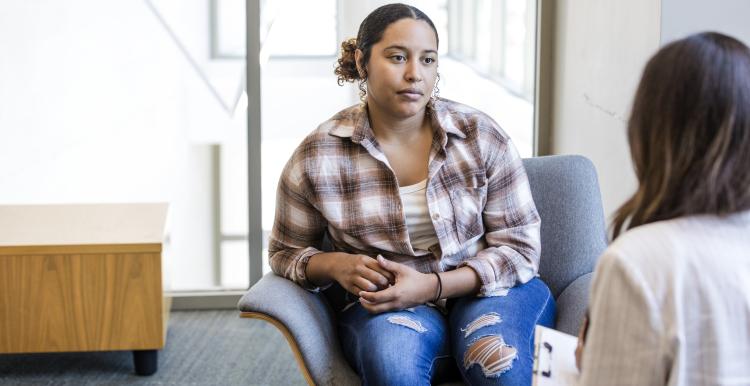ADHD and autism diagnosis improved thanks to community feedback

Why were local people concerned about ADHD and autism assessments?
In 2023, the Integrated Care Board (ICB) for North Yorkshire and the Humber trialled changes to how people get an Attention Deficit Hyperactivity Disorder (ADHD) or autism diagnosis. They aimed to help those most at risk get a face-to-face assessment sooner, while offering others access to online support.
But the new “Do-It Profiler”, a web-based screening tool, was introduced without consultation with the people who would use it. People couldn’t get beyond the screening without meeting very narrow criteria.
The criteria were based not on signs of ADHD or autism, but the likelihood of either a serious risk to someone’s wellbeing or a family court decision that depended on diagnosis. This caused concerns that the majority would never be able to get an assessment.
What did people tell Healthwatch York?
After people raised these concerns, Healthwatch York worked with the York Disability Rights Forum to gather more feedback from those using the tool and healthcare professionals.
Local people highlighted further issues through surveys, focus groups, and Healthwatch York’s advice service:
- The tool was hard to use, and the referral process wasn’t clear.
- Though everyone who completed the profiler received guidance and signposting meant to help them, feedback suggested this often wasn’t effective or helpful.
- People who couldn’t get onto the waiting list were worried about the risks to their wellbeing. As one person shared:
“Being rejected from an assessment because I’m not currently a risk to myself... really, really made me want to be a risk to myself.”
Healthwatch York shared their findings with the ICB, along with recommendations based on community feedback to help solve the issues raised.
What changes did the work lead to?
As a result of this work, the ICB removed the criteria to continue with a referral.
Anyone seeking an ADHD or autism diagnosis can now access a waiting list. They can also telephone a support service to access this if they don’t have digital access or can’t complete forms.
Clinicians have also agreed to streamline the pathway to assessment and medication through GPs, freeing up time for additional assessments and reducing waiting lists.
Investment in York's Community Mental Health Transformation programme, "Connecting Our City", is increasing peer support for neurodivergent adults. And the ICB has committed to working with the community on future changes.
Meanwhile, Healthwatch York is continuing work to improve care access for neurodivergent people. Recently, it has worked with families of neurodivergent children to highlight the challenges they face navigating education and health services.


